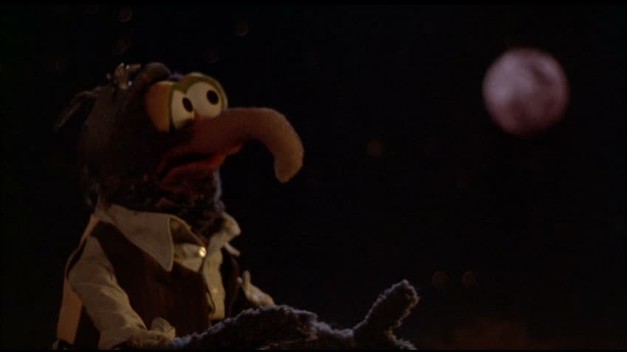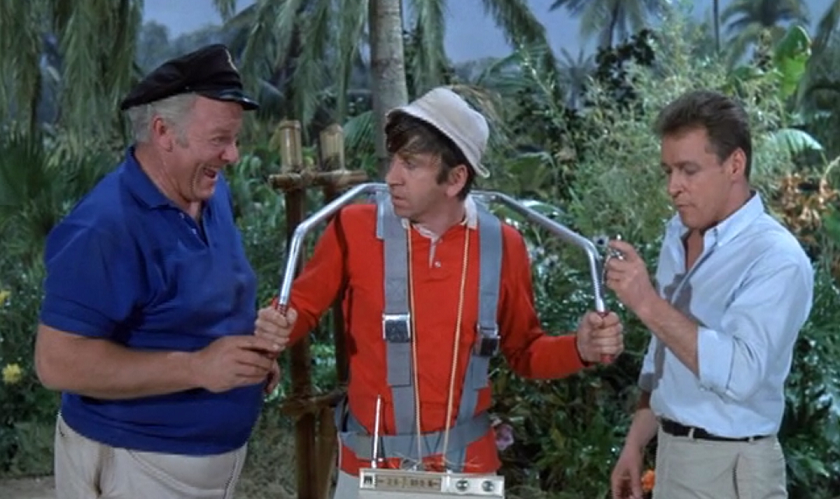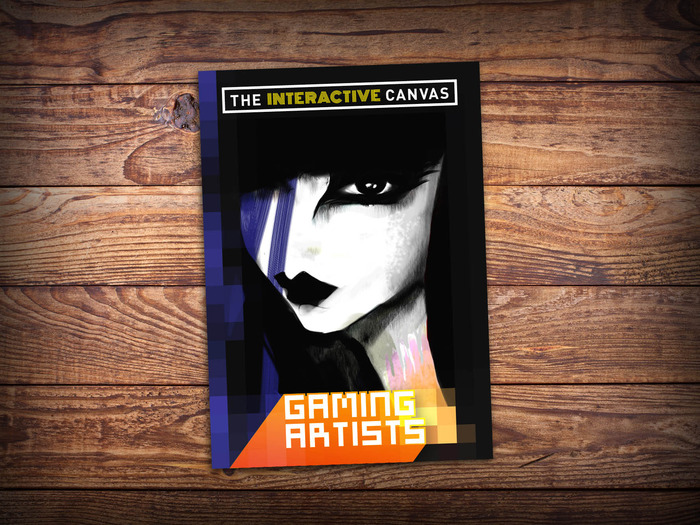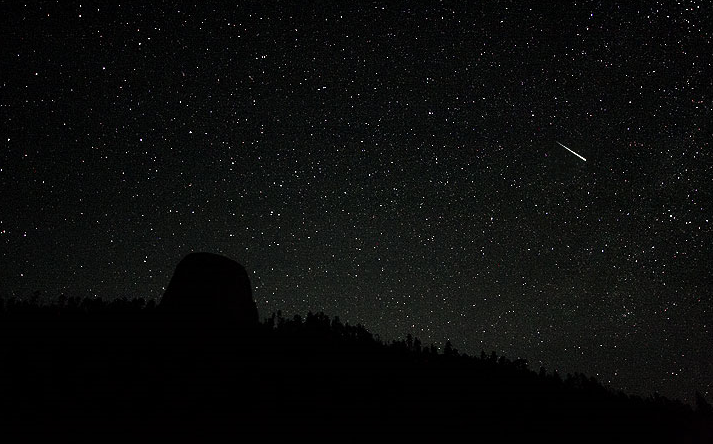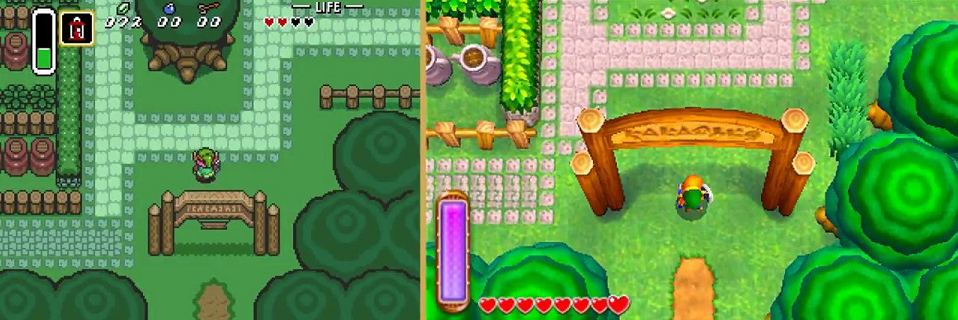
I haven’t been very impressed with the past few Legend of Zelda games. Actually, that’s putting it a bit too lightly; I think the past few Legend of Zelda games are terrible. And I don’t mean “terrible” in a relative sense, with me comparing them to the incredible highs the series has achieved in the past and calling them failures because they don’t have quite the same resonance. No, I mean “terrible” as in “these really are some lousy games.”
And so I didn’t get my hopes up about A Link Between Worlds, which was released this past week after many months of buildup. After all, I’ve been burned a bit too much by the past couple of releases. And yet I took the plunge anyway, and I’m glad I did. Not only because I absolutely adore the game on its own merits, but because it’s helping me to see, and to articulate, the problems I’ve had with the series lately. It not only illuminates them…it seems to deliberately atone for them.
The game, as you can probably tell from the comparative screenshots above, takes place in the same world as A Link to the Past, which is quite likely my second favorite Zelda game. I even chose it as my favorite thing from 1991 when asked to make such a selection, and it’s a choice I absolutely stand by. It is, for all intents and purposes, an absolutely perfect video game experience. And I’m choosing my words carefully here; I really do think of it as an experience.
The plot is not much to speak of; it doesn’t go much further than the standard boilerplate “kingdom in peril” that the first game already used, and it doesn’t really get any deeper here. But that’s a good thing. Yes, that’s right…for all of the bickering about chronology and intra-series cross references and alternate timelines, worlds and universes, Zelda is at its strongest when it doesn’t try to tell a story.
Flash back to your first time playing the original game. I can’t tell you that your experience with it was anything like mine. Actually, I can more or less promise you that it wasn’t…but that’s okay. In fact, again, that’s a good thing.
I remember playing it as a kid and being absolutely terrible at it. It was fun, don’t get me wrong, but with a wide open world like that, I wasn’t sure what to do. And I don’t mean that I was confused about my objectives…I meant that I did not know how I would survive.
At this point in my life, I was used to video games that broke their experiences into sequential chapters. Whether it was clearing a board of pellets and ghosts or leaping triumphantly at a flag pole, I felt as though I was in good, careful hands. I’d have to use my own cunning to figure out a way to achieve that goal, but there was a sense of safety and of security in knowing that somebody, somewhere, had taken the time to organize these things for me.
It’s easy to understand the appeal. If you succeed, you will be assigned the next objective, and it will be a little harder. And that was okay, because we trusted them. Games were designed as gradual challenges, to be ratcheted up at regular intervals. I may not have known what was coming next, but I trusted that it would never be unfair. I was secure.
The Legend of Zelda opens with its blackness parting like a curtain, revealing a stage upon which you are the only actor, in a show with no script. There is no security. There is simply a world for you to explore. And that’s why it’s remembered so fondly today, and why the series is still alive; there was a genuine sense of adventure, because the literal unknown stretched out in all directions around you.
Your experience of fumbling through the game is a lot different from my experience of fumbling through the game. 200 people could be asked to give a play-by-play of how they made it through The Legend of Zelda, and the only overlap would be in the tiny details. They collected the pieces of the Triforce. They slayed Ganon. They rescued the princess. Everything else would be — and must be — a more personalized story, something unique to their own experience that enfolded entirely, silently, within their own minds. Compare that to Super Mario Bros., which would be exactly the opposite: the main experience of the game would be identical no matter who you asked, with the only deviations coming in the smaller details…such as where they decided to farm for lives, or whether or not they used a Warp Zone.
There’s no right or wrong approach. The continuing success of both franchises proves that well enough. There’s a comforting, charming sense of advancement in addictive platformers, and there’s an unforgettable sense of excitement and surprise that comes along with open-ended adventure.
A Link to the Past built upon the formula of the first game — and rejected nearly everything from the second — to create what was ultimately a much more refined experience. It’s a purposeful retread over old ground, and it’s done for a respectable purpose: there was new hardware, a new controller, and new ways to do so many things better.
And it did do so many things better. The sense of adventure was left intact, but the world felt more real. More deliberately constructed. More coherent. Which only intensified the effect of your inevitable trip to the Dark World. That was a brilliant gameplay wrinkle that worked only because the Light World felt so genuine. It felt like an actual place, rather than a large and varied battlefield. If it hadn’t, it wouldn’t really have meant much to see it in such disarray, to find familiar landmarks gone or perverted, to see the palette of deadness tossed over the formerly lush grass and trees.
When I was a child playing The Legend of Zelda, I didn’t know how I would survive. Survival, for me, was more important than advancement. So I kept to the areas that felt safe to me. I could fight weak enemies over and over again, amass the cash that would let me buy the items that would make me stronger, and then I’d peek out a little bit. I’d let the screen scroll me into a new area. Sometimes it felt safe, because I had more abilities at my disposal. Other times I still felt unprepared, and so I retreated back. The point was, though, that this was a game that I could experience on my terms. The Legend of Zelda didn’t care where I went, or when I decided to go there. It didn’t care about the sequence in which I tackled the dungeons, and it didn’t even seem to care if I tackled them at all.
A Link to the Past was like an incredible punch to the gut, because I felt much safer in the overworld this time than I had in the original game. Sure, there were some difficult enemies, but it never felt like I was more than a few screens away from sanctuary. So I explored more recklessly. I was emboldened.
…until I found myself banished to the Dark World. Just like in the original game, I was in an area that suddenly made me feel overwhelmed. Unlike the original game, however, I wasn’t allowed to go back to my safe spot. I was trapped…and the only way out was forward, through what I dreaded most. Today it’s a development that probably feels quaint. To a ten-year-old boy playing the game in a dark room late at night, however, it was the stuff of nightmares. The Legend of Zelda was a game that had already stripped me of my security, and now A Link to the Past stripped me of whatever small amount of comfort still remained.
The original game didn’t care if you ever grew up and matured as an adventurer. A Link to the Past said, “You mature now, or you don’t get home alive.”
I loved it. And I still love it. I’ve played through it many times since, and it’s an experience that simply feels timeless. Yet there was an unfortunate side effect to A Link to the Past saying “You do this now.” What it did was set a precedent for all of the games that followed. And while Ocarina of Time, Majora’s Mask and The Wind Waker probably constitute the single best three-game run in any series ever, the fact remains that the “adventure” was dismantled.
A Link to the Past relied on the sequential usage of items more than either of the previous games, and it set the stage for the series to rest on its laurels. Whereas items were necessary to progress in the first two titles, they now started to fall into a predetermined chronology. It was no longer a case of choosing to go somewhere on a map…it was a case of choosing to go somewhere, realizing you needed an item to get past the barricade, seeking out that item, finding out you need some other item in order to find what you’re looking for, and so on. Adventure is striking out into the unknown…and by constructing these chains of mandatory causality, the Zelda series gradually forgot what adventure meant.
It found substitutes, of course. Ocarina of Time built a genuinely engrossing story, totally revamped the combat system, and featured positively breathtaking visuals for its day. Majora’s Mask — my particular favorite — delved into deep, hallucinogenic abstraction, and re-built the Ocarina world from the ground up as a Twilight Zone-worthy hellscape of death, despair, and inevitability. The Wind Waker turned the entire concept of a video game into an interactive, gorgeously animated cartoon. There was enough to keep us distracted from the fact that as “open” as they may have still seemed to be, the Zelda games had been reduced to level 1, level 2, level 3, and so on. Those labels were missing, but their effects were felt. The original game was an empty stage upon which you could act as you saw fit. The later games were more like massive murals of great adventures that were thrilling to look at, but which you could never get inside.
Twilight Princess was my first true Zelda disappointment, because it was not only as rigid as ever, but now it no longer seemed to be any fun. The palette was dismal, the character design uncreative, and the gameplay wrinkles just felt like less effective clones of things the series had already done. Skyward Sword rectified the graphical approach somewhat…at least in the sense that it let its characters be characters. But it also featured a control scheme that wanted to be immersive but instead reminded you with literally everything you did that you were just playing a video game. It also featured the most intrusive tutorial character yet…a spirit named Fi that literally never shut up, and would constantly feed you puzzle solutions whether you liked it or not.
The evolution of the Zelda series — and this is something that A Link Between Worlds has made clear to me — has gone something like this: adventure, then regimented advancement, then games that don’t trust you at all to play them.
I didn’t want that. And so I fell out of love with what was once the most exciting adventure a boy could have with a controller in his hands. That was okay, though. People grow up. We leave some things behind, and other things leave us behind.
But A Link Between Worlds won me back. Not just because it takes place in a world we’ve already seen, but because of what it does with that world. Just as the Dark World was a sucker-punch inflicted upon every child in the early 90s, A Link Between Worlds uses the comforting familiarity against us. It reaches back to the game that unintentionally introduced stodginess and rigidity to what was once an open and exciting formula…and it creates a new time-line. In this one, the adventure is still yours to have. In this one, your experience will be different from my experience, and those in turn will be different from the experiences of 198 other people making their way through the game. The series has never left us, but that’s something we haven’t seen in decades.
A Link Between Worlds does to A Link to the Past what that game did to The Legend of Zelda. It gives us largely the same experience, but it builds upon and refines it in ways we didn’t even consider. In this case, it’s down to tighter controls, non-sequential dungeons, and a shop that rents out items to you. Almost all of the items. You can take them and leave them as you please. This means that if you need to melt an icy barricade, you don’t need to figure out where the Fire Rod is, and then work backward through the chain of reasoning to figure out all the items you’ll need before you can get it; you just go rent the Fire Rod.
That might sound like the game is easier, but it’s actually not. It’s more difficult when you have the freedom to do what you’d like to do. Why? Because it’s your responsibility to get it right. The game isn’t providing the gradual accumulation of important items like it used to…it literally lays them all on the table and wishes you luck. For the first time in more games than I can count, The Legend of Zelda trusts me.
And that’s why I love A Link Between Worlds. Forget the lovely graphics. Forget the great soundtrack. Forget the funny dialogue and silly — but addictive — mini-games. All of that stuff has been with us all along.
What matters is that it rediscovered its own sense of adventure, and that, once again, it wants me to have fun playing it.
I hope we do get more Zelda games in this vein. Because it really is a lot more fun when you have responsibility for your own actions. That’s what Zelda should be all about. Not cut-scenes and long lectures from your mandatory helper character, but a sense that it’s up to you to figure this out. The odds are against you, you’re alone, and the fate of the world is in your hands.
Sure, it’s intimidating…but it’s the only way you can correctly consider yourself a hero.
